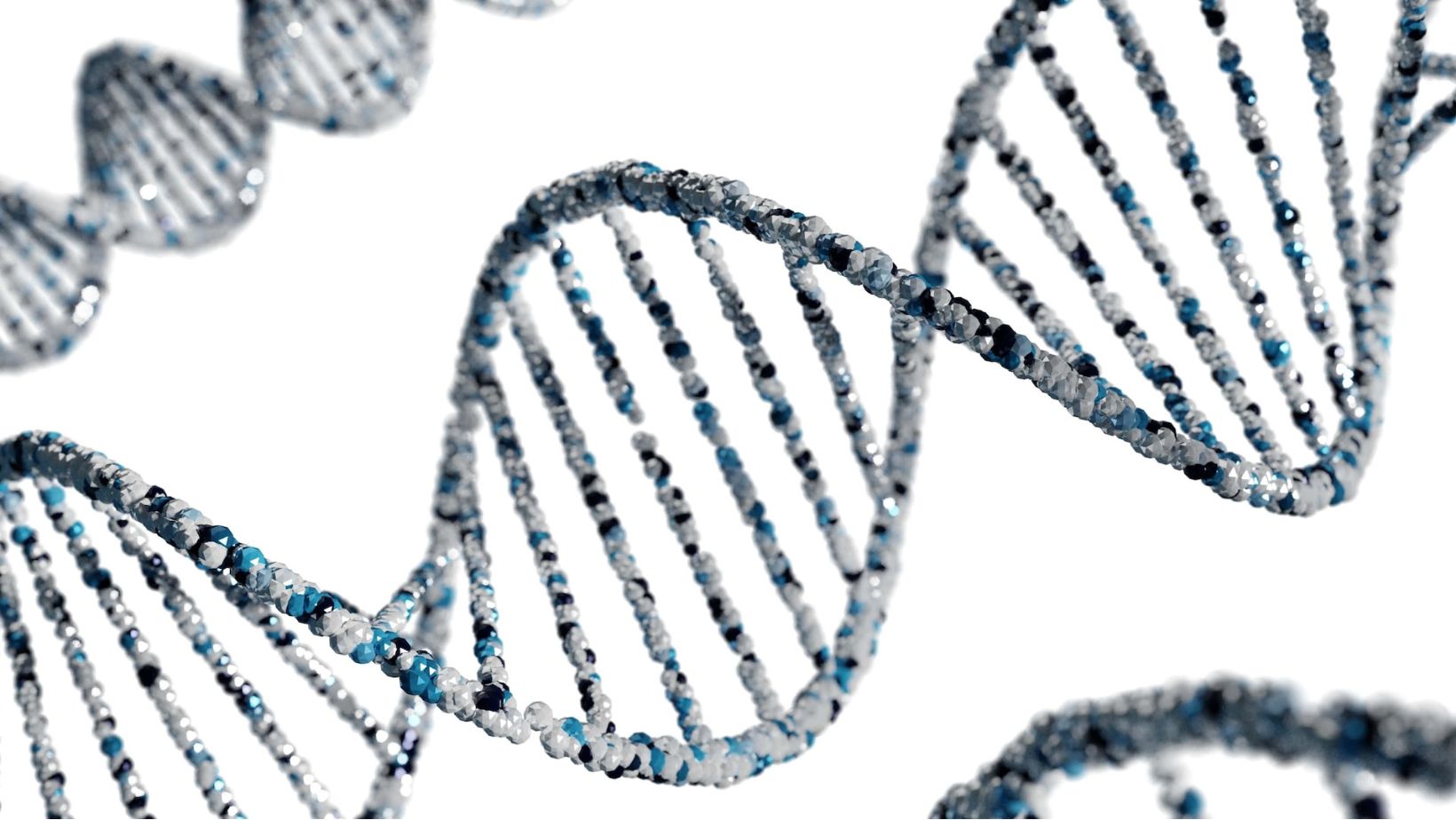In the fascinating world of genetics, X chromosomes hold a crucial role. As a seasoned blogger in the field, I’ve spent years unraveling the mysteries of these genetic powerhouses. Let’s delve into their unique characteristics and debunk some common misconceptions.
Understanding X chromosomes is essential in the study of human genetics. They’re one of the two sex chromosomes, the other being the Y chromosome. While women typically possess two X chromosomes, men usually have one X and one Y. This difference is what determines biological sex, but there’s so much more to X chromosomes than that.
In this article, we’ll explore the truth behind statements about X chromosomes. From their role in genetic disorders to their impact on traits and characteristics, we’ll separate fact from fiction. Let’s dive into the complexities of X chromosomes and their significant influence on human genetics.
Which Statement is True of X Chromosomes
Delving into the realm of human genetics, we’ll inevitably bump into the mystery and power of the X chromosome. But what really are these X chromosomes, and how do they govern much of our genetic code?
X chromosomes are one of the two sex chromosomes (the other being the Y chromosome) involved in human sex determination. But it’s not just about sex determination. X chromosomes also carry hundreds of genes that regulate a host of other functions in the human body, not limited to traits like color blindness, hemophilia, and certain types of muscular dystrophy.
When addressing the question: “Which statement is true of X chromosomes?” there are a few key things we must remember:
- Females have two X chromosomes (XX), while males have one X and one Y chromosome (XY)
- Every human cell except sperm and egg cells has 23 pairs of chromosomes. One pair of these is the sex chromosomes.
- X chromosomes carry a significant number of genes, around 800-900, many more than the relatively gene-poor Y chromosome
- Even in females where one X chromosome gets ‘turned off’ through a process we call ‘X inactivation,’ it’s still crucial in determining their genetic makeup
Unraveling the mystery that is human genetics is not an easy task. The journey to understanding our X chromosome is filled with intrigue, discovery, and a lot of science. We’ll keep exploring these microscopic building blocks of life in the subsequent sections. So, bear with me as we travel further down the rabbit hole of human genetics.

X Chromosomes and Genetic Disorders
When it comes to X chromosomes, the truth is that they carry a significant risk for certain genetic disorders. Especially in males, who only have one X chromosome, these disorders manifest more clearly, due to risk of inheriting a defective X chromosome.
The X-linked genetic disorders are generally broken down into two categories:
- X-Linked Recessive Disorders
- X-Linked Dominant Disorders
X-Linked Recessive Disorders
X-linked recessive disorders happen mostly in males. Females have two X chromosomes, so even if one carries a disease, the healthy counterpart can often compensate for it. Males, because they only have one X chromosome, don’t have that safety net.
Hemophilia, a disorder that affects the body’s blood clotting mechanism, is a classic example of an X-linked recessive disorder. Other examples include Color blindness and Duchenne muscular dystrophy.
X-Linked Dominant Disorders
X-linked dominant disorders are somewhat rarer, yet they can manifest in both males and females. These disorders gain dominance when one X chromosome contains a mutated gene that overrides the healthy one on the other X chromosome in females. Males are again more severely affected, as they have no counteracting gene present on a second X chromosome.
An instance of such a disorder is Fragile X Syndrome. It’s one of the most common contributors to inherited intellectual disability and the leading known cause of autism.
Understanding X chromosomes isn’t just a matter of knowing which statement about them is true or false. It’s about realizing the important roles they play in genetic makeup and how they can mitigate or magnify the risk of certain disorders. This crucial knowledge could contribute to early detection, treatment, and even potential prevention of some severe genetic disorders tied to this remarkable chromosome.
This knowledge of X chromosomes is vital. It doesn’t just satisfy our curiosity but serves a greater purpose in the early detection, treatment, and potential prevention of genetic disorders. So, the next time someone asks you, “What’s so special about X chromosomes?” you’ll have plenty to share!


